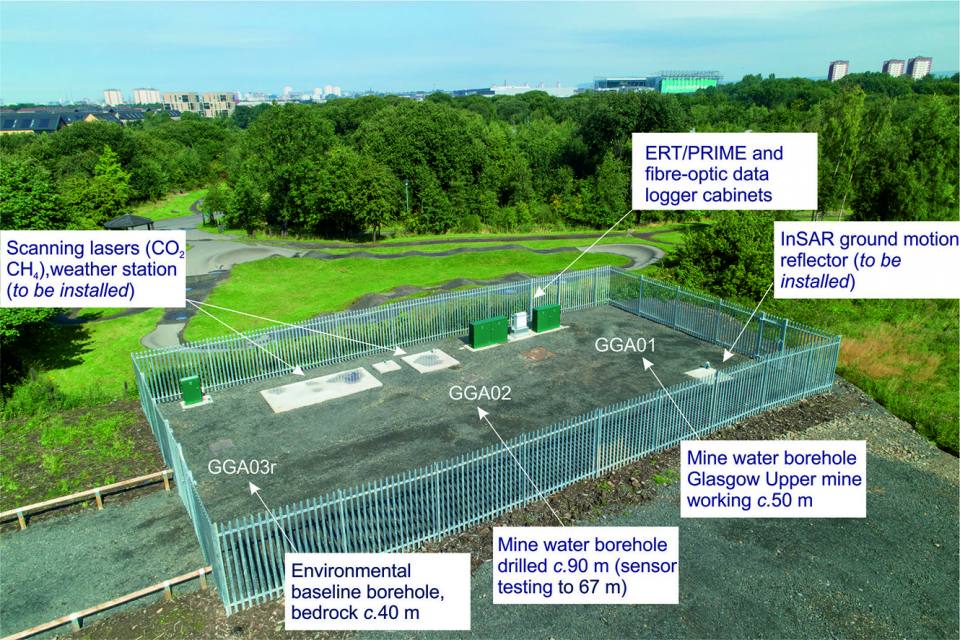Could abandoned coal mines in Glasgow support the UK’s net zero ambitions?
The UK Geoenergy Observatory will allow scientists to better understand the processes and impacts of using warm water underneath UK cities as a sustainable heat source
27/05/2021 By BGS Press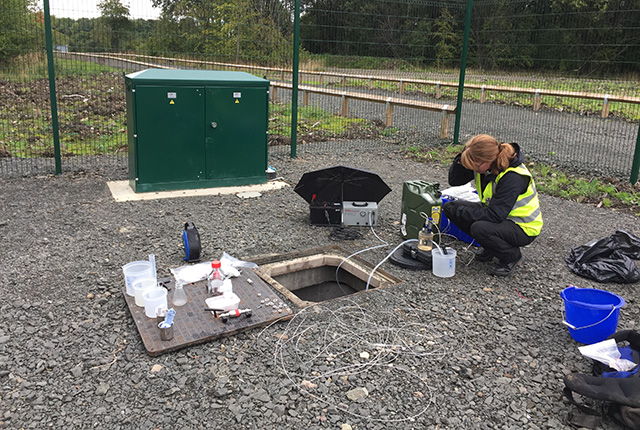
Should you take a (virtual) trip upstream of the River Clyde from the location of COP26, at Glasgow’s Scottish Event Campus (SEC), after several large meanders and 8 km you will arrive at the Cuningar Loop Woodland Park.
The park is part of a programme of regeneration in eastern Glasgow and also at the heart of a promising new story to better understand how our industrial heritage could be transformed into a cleaner and more sustainable energy future for UK towns and cities.
Between 1850 and 1930 numerous coal mines and other industry dotted this area of Rutherglen and Glasgow city. Today, an underground observatory of boreholes, sensors and monitoring equipment targets those former, flooded coal mines. The mines which once gave birth to an industrial revolution driven by fossil fuels, could now provide access to a low carbon, clean energy heat source in the years to come.
Data from this UK Geoenergy Observatory will allow us to better understand ‘mine water geothermal’ energy as a sustainable, low carbon heat source and store. With many homes and business located on coalfields, this technology could provide decarbonised heat for significant number of buildings, as has already been demonstrated at a small number of schemes in England, Wales and Scotland.
Scientists will use the Glasgow Observatory to better understand the processes and impacts of using warm water from these abandoned mines beneath UK towns and cities to provide a sustainable heat source. Whether supplying to a single building or via a district heating network, each could contribute to reducing CO2 emissions and meeting net zero targets.
Cost and technical uncertainties remain barriers to the widespread rollout of mine water energy, along with economic, regulatory and awareness challenges. Research on chemical, biological and physical change, reducing risks on finding a sustainable heat resource and how efficiently we can transfer heat energy, for example, will all help overcome the cost and technical challenges. The Observatory is also a place for training and awareness raising for a more sustainable economy, potentially supporting future jobs in decarbonised heat technologies.
With a wide range of monitoring, ongoing environmental change and any impacts from heat abstraction or storage can be comprehensively assessed at the observatory. As a flexible, at-scale infrastructure the observatory is a place to test new equipment and techniques for mine water energy schemes.
As Science Lead for the Glasgow Observatory it has been exciting to see the construction of instrumented boreholes and the growing body of openly available data starting to come through.


Journey 90 m below the surface of Glasgow, where historic mine workings now support research into sustainable use of mine water for heat and energy storage. BGS © UKRI
Whilst some activities have been on pause due to Covid restrictions, we hope that multi-disciplinary teams spanning geoscience, environmental science and geo-engineering will be using the infrastructure soon.
Taken together with the planned Cheshire Observatory that will focus on energy storage, heating and cooling in a sandstone aquifer, and the established Cardiff Urban Geo Observatory that focuses on shallow ground source heat at city scale, these infrastructures will inform how ‘geoenergy’ can help to deliver decarbonised heat and clean growth.
Preparations are underway to work closely with partners such as the Glasgow Science Centre to deliver a public engagement programme around geoenergy and the ‘underground laboratories‘. Targeted at a range of audiences, this will ensure the aims and discoveries at these publicly-funded research facilities are widely shared.
The Glasgow Observatory has been funded by the UK Government Plan for Growth Science & Innovation and commissioned by UKRI-NERC and is being run by the British Geological Survey.
COP26
In November 2021, the UK will host the 26th UN Climate Change Conference of the Parties (COP26) in Glasgow. BGS will join UKRI and NERC colleagues to highlight the UK’s role in climate action, play a key role in net zero discussions, alongside clean growth, and demonstrate where UK geoscientific research and innovation can assist emerging climate action.
- Find out more about our Geoscience solutions for net zero
The UK Geoenergy Observatories will provide researchers with real-world test environments for the evaluation of low-carbon subsurface energy technologies. While the primary focus of the facilities is aquifer and mine water geothermal, the knowledge they provide on subsurface processes and monitoring will be relevant to a wide range of other technologies including hydrogen storage, carbon capture and storage, and other energy storage solutions for wind, solar and tidal energy.
Latest blogs
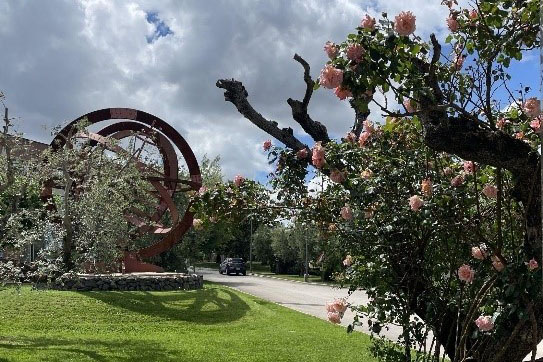
AI and Earth observation: BGS visits the European Space Agency
02/07/2025
The newest artificial intelligence for earth science: how ESA and NASA are using AI to understand our planet.
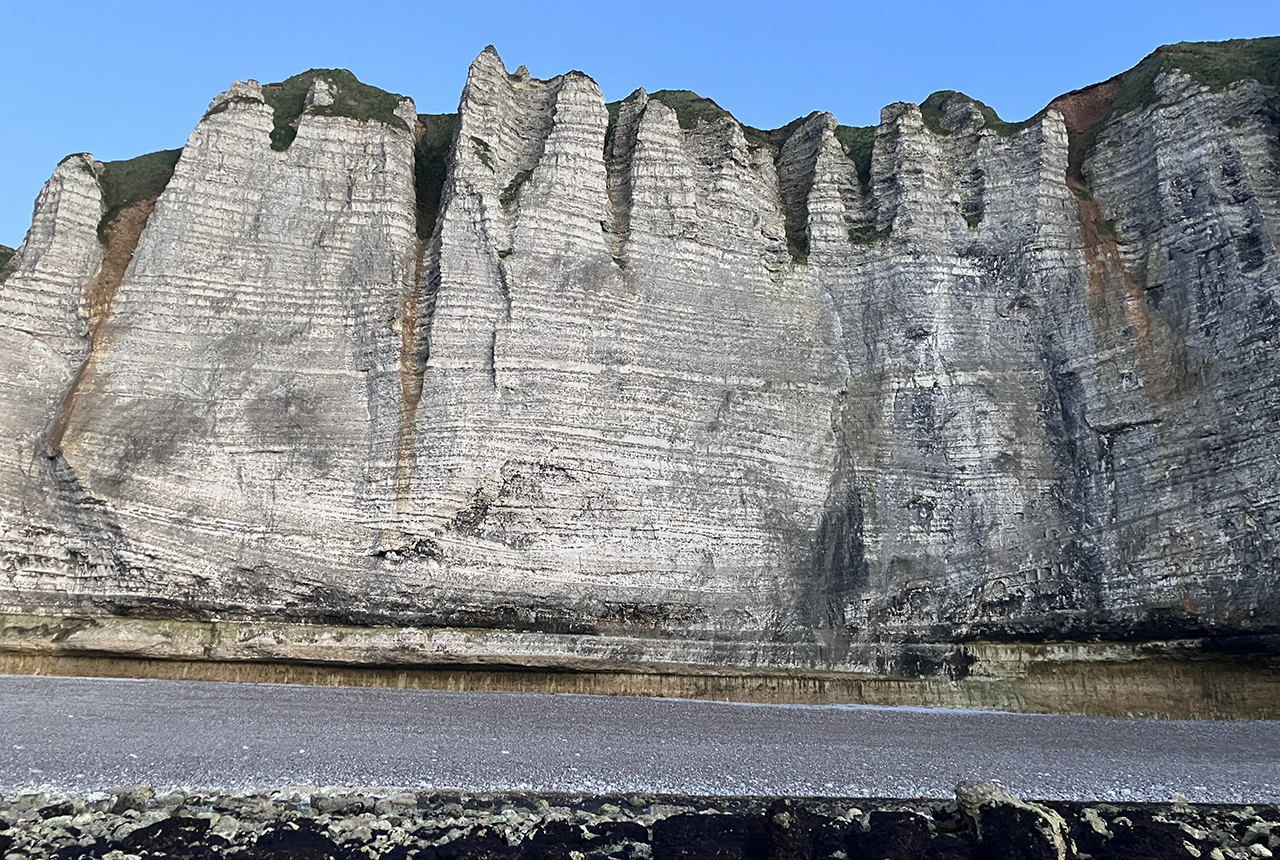
Geology sans frontières
24/04/2025
Geology doesn’t stop at international borders, so BGS is working with neighbouring geological surveys and research institutes to solve common problems with the geology they share.
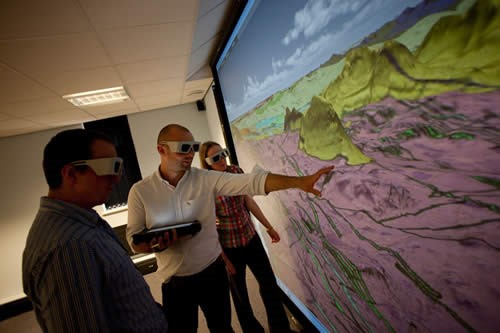
Celebrating 20 years of virtual reality innovation at BGS
08/04/2025
Twenty years after its installation, BGS Visualisation Systems lead Bruce Napier reflects on our cutting-edge virtual reality suite and looks forward to new possibilities.
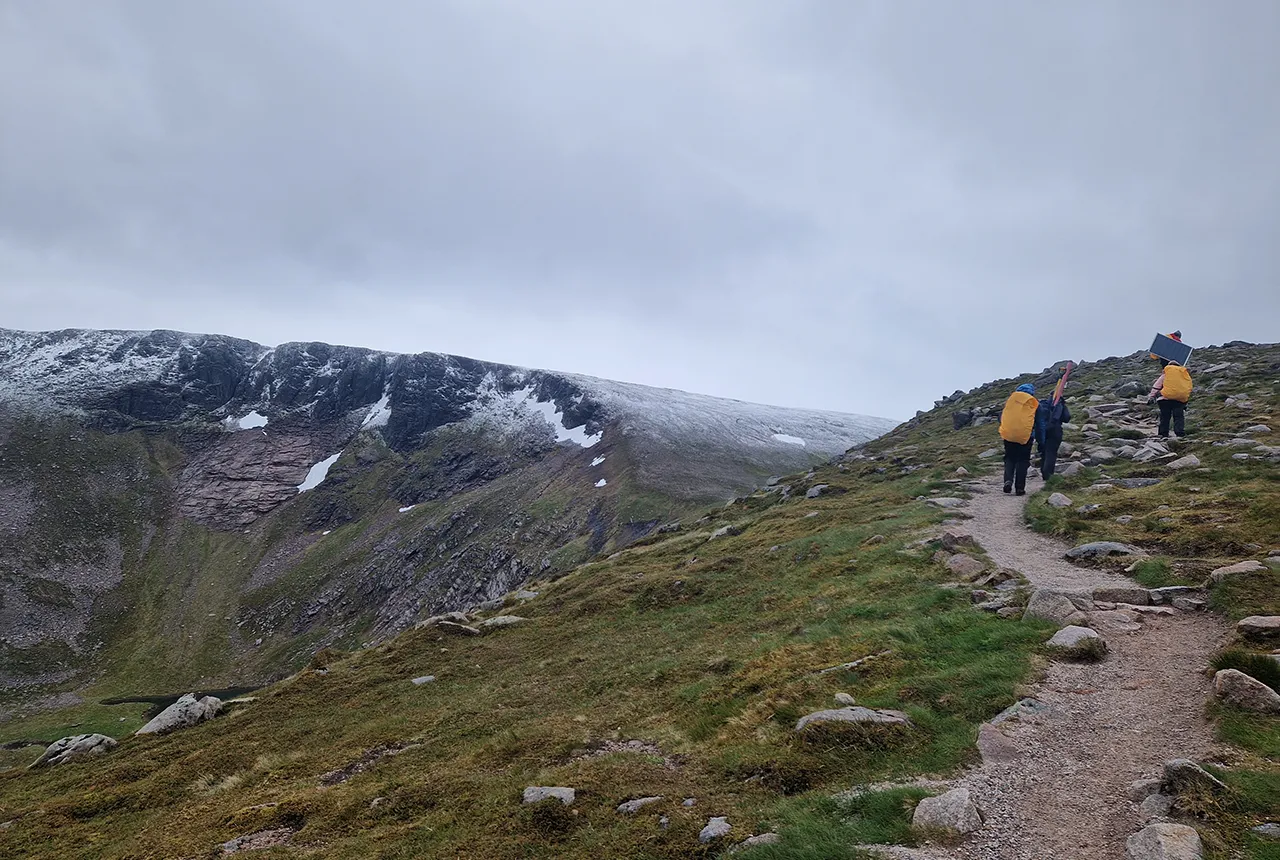
Exploring Scotland’s hidden energy potential with geology and geophysics: fieldwork in the Cairngorms
31/03/2025
BUFI student Innes Campbell discusses his research on Scotland’s radiothermal granites and how a fieldtrip with BGS helped further explore the subject.
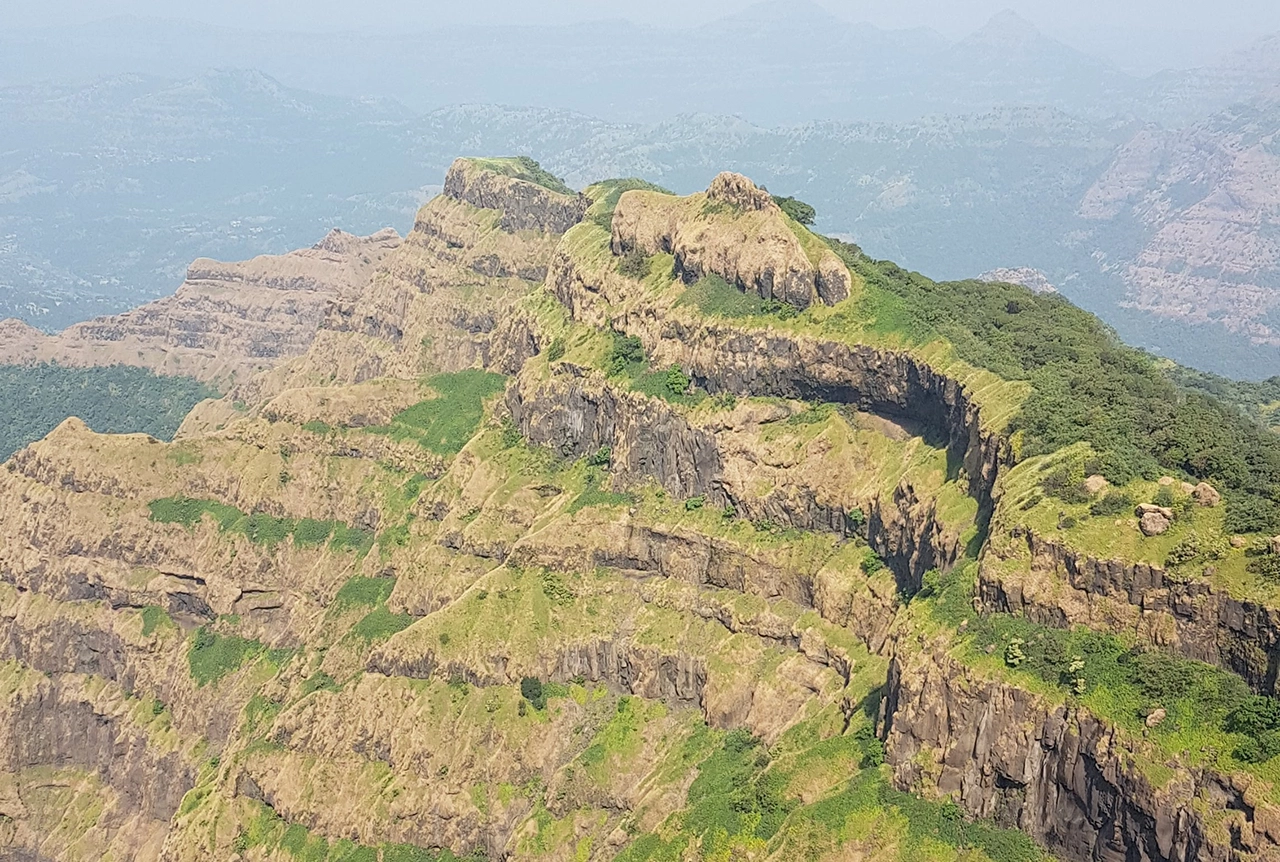
Could underground disposal of carbon dioxide help to reduce India’s emissions?
28/01/2025
BGS geologists have partnered with research institutes in India to explore the potential for carbon capture and storage, with an emphasis on storage.
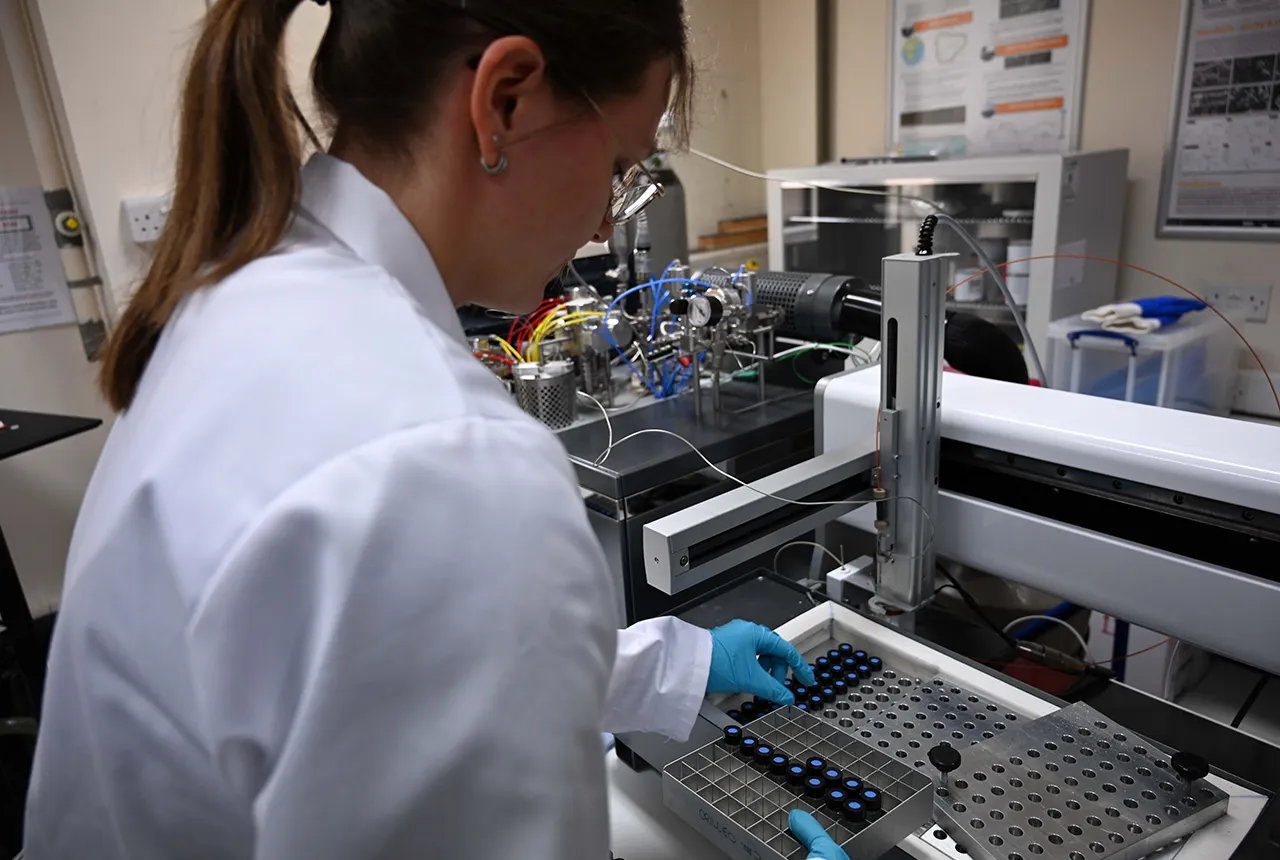
Carbon and oxygen isotope analysis of carbonates and the development of new reference materials
18/12/2024
Dr Charlotte Hipkiss and Kotryna Savickaite explore the importance of standard analysis when testing carbon and oxygen samples.
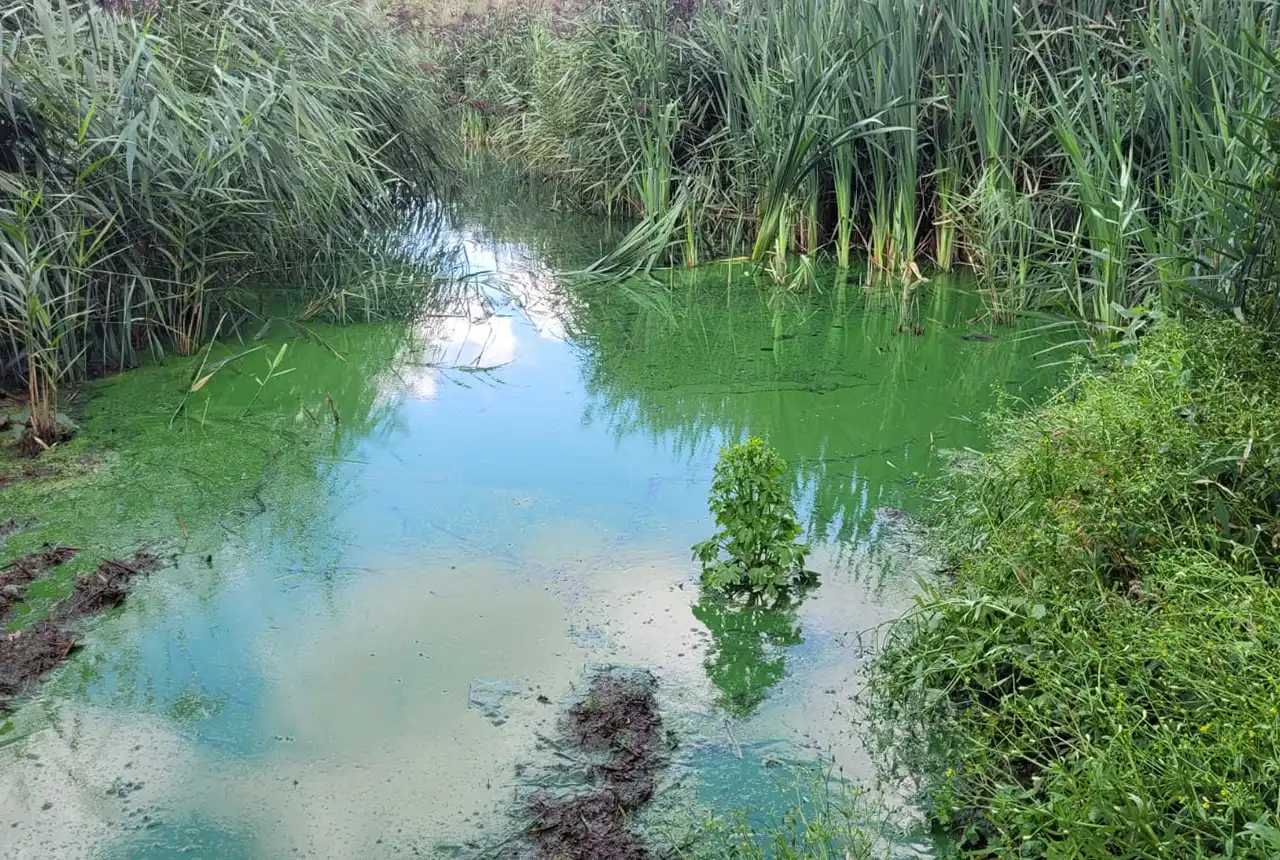
Studying oxygen isotopes in sediments from Rutland Water Nature Reserve
20/11/2024
Chris Bengt visited Rutland Water as part of a project to determine human impact and environmental change in lake sediments.
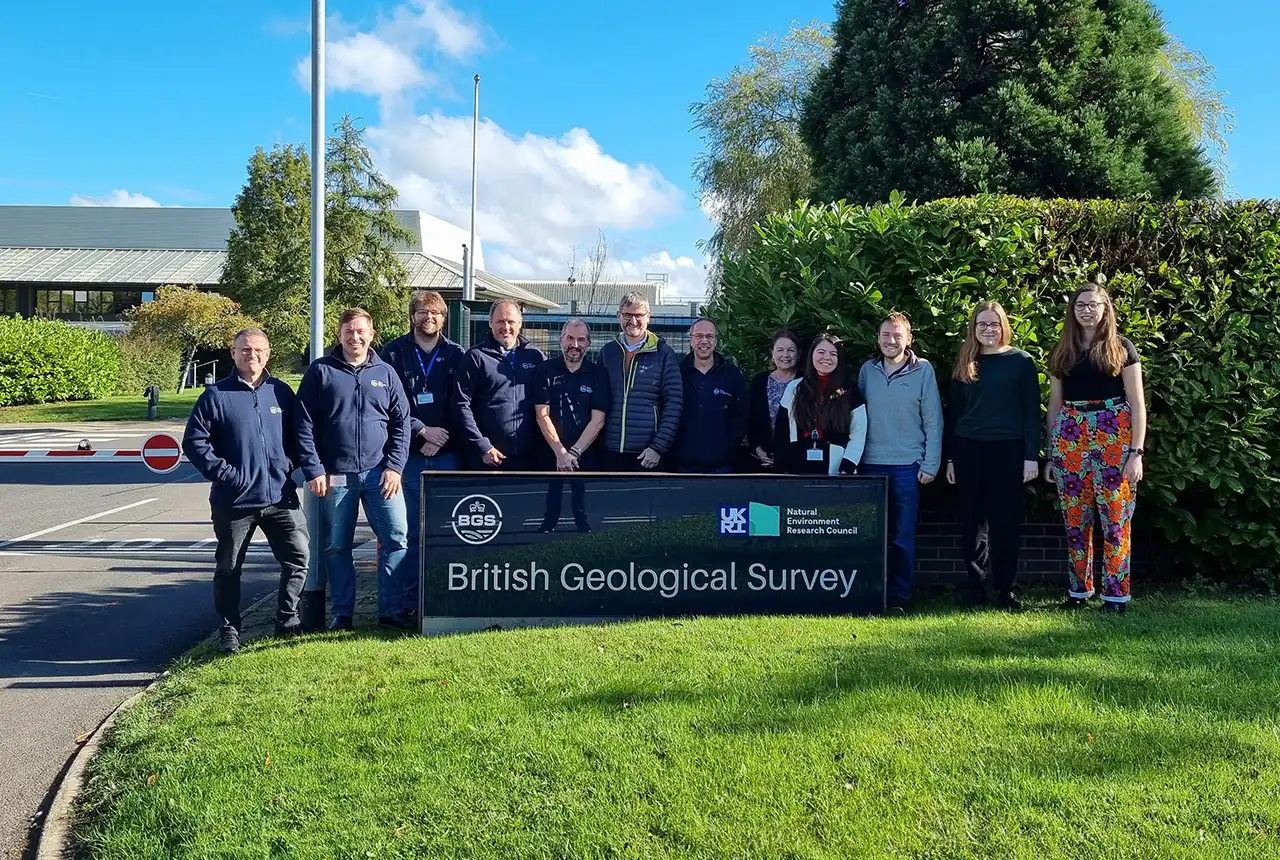
Celebrating 25 years of technical excellence at the BGS Inorganic Geochemistry Facility
08/11/2024
The ISO/IEC 17025 accreditation is evidence of technical excellence and reliability, and a mark of quality assurance.

Electromagnetic geophysics in Japan: a conference experience
23/10/2024
Juliane Huebert took in the fascinating sights of Beppu, Japan, while at a geophysics conference that uses electromagnetic fields to look deep into the Earth and beyond.
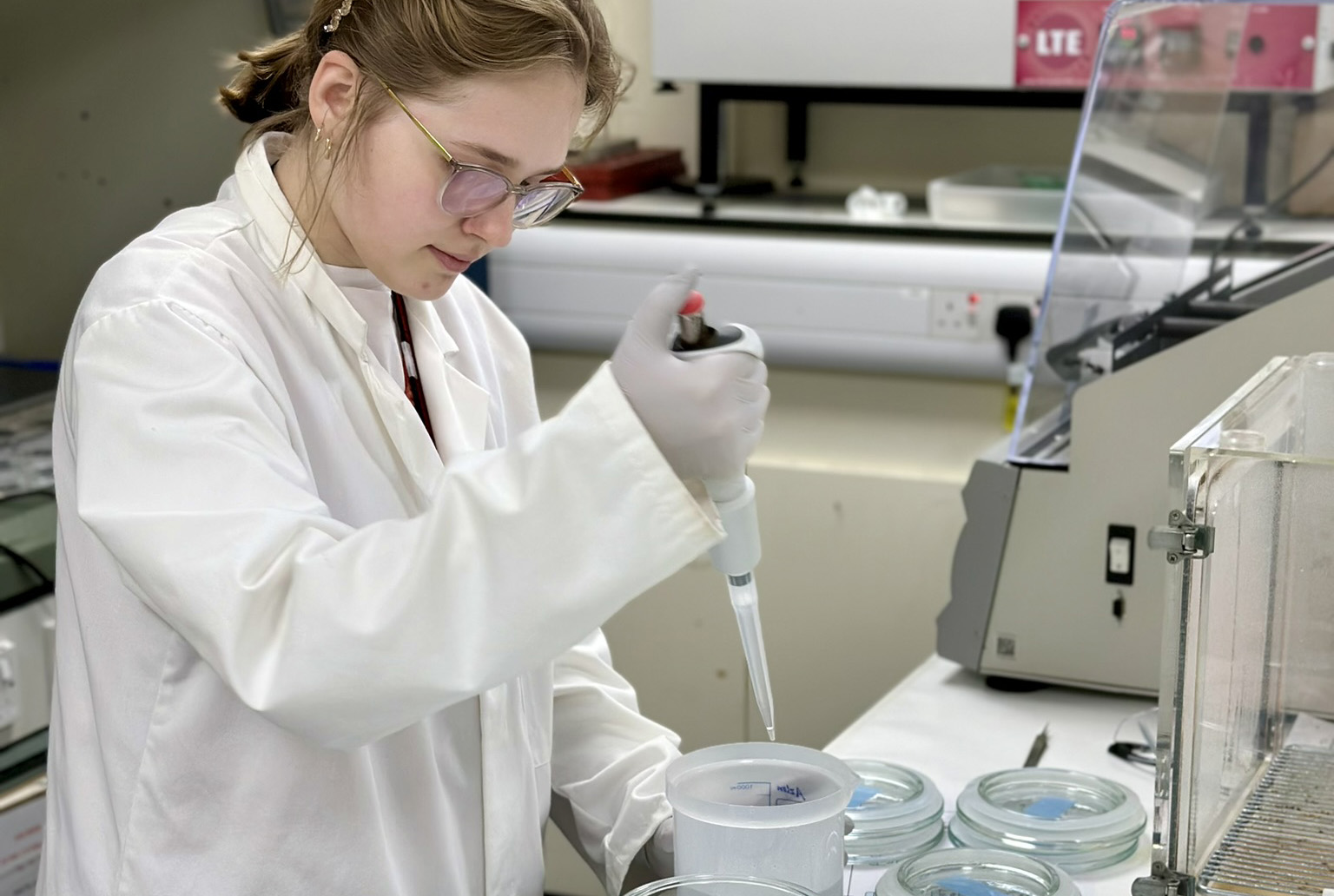
Exploring the role of stable isotope geochemistry in nuclear forensics
09/10/2024
Paulina Baranowska introduces her PhD research investigating the use of oxygen isotopes as a nuclear forensic signature.
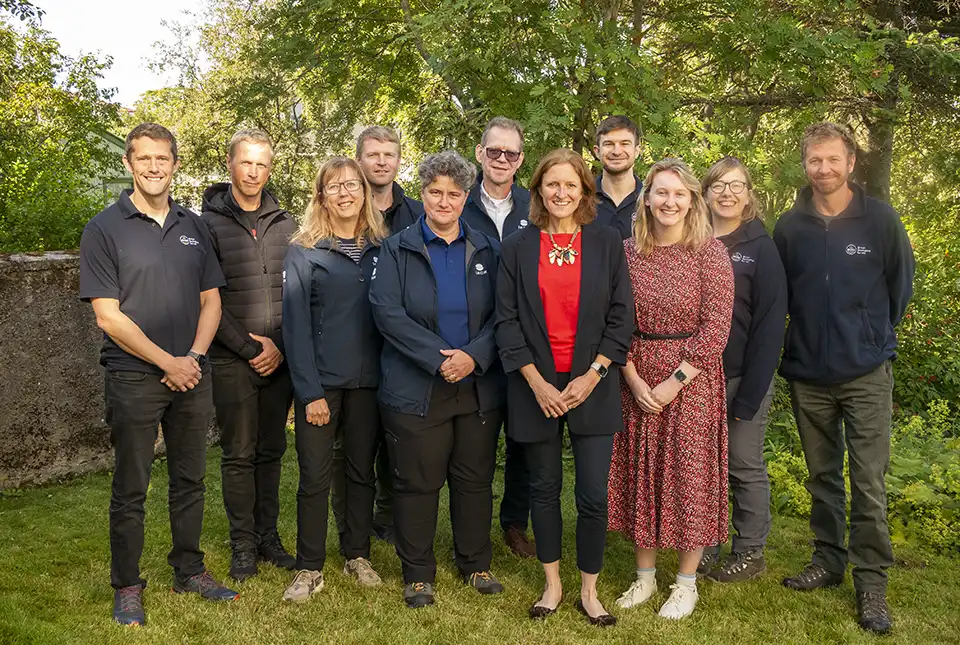
BGS collaborates with Icelandic colleagues to assess windfarm suitability
03/10/2024
Iceland’s offshore geology, geomorphology and climate present all the elements required for renewable energy resources.

Mining sand sustainably in The Gambia
17/09/2024
BGS geologists Tom Bide and Clive Mitchell travelled to The Gambia as part of our ongoing work aiming to reduce the impact of sand mining.



